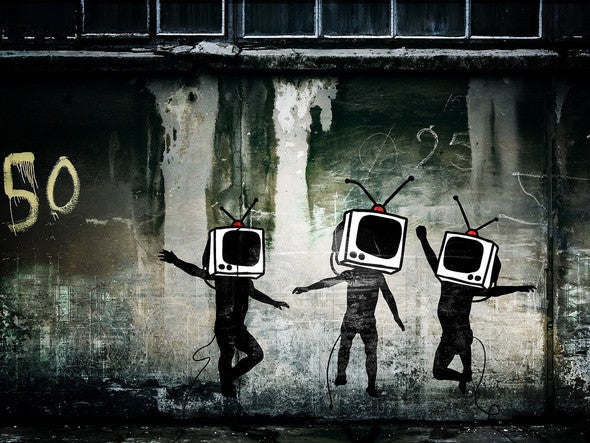“The Writer’s Ark,” by Nancy Willard
Any writer who takes Henry James’s advice seriously, “Try to be one of the people on whom nothing is lost,” will end up, sooner or later, looking for the hidden story—hidden because nobody was listening for it, and because the water is rising, and because there but for the grace of God go you and I.
“The Writer’s Ark,” by Nancy Willard Read More »
Any writer who takes Henry James’s advice seriously, “Try to be one of the people on whom nothing is lost,” will end up, sooner or later, looking for the hidden story—hidden because nobody was listening for it, and because the water is rising, and because there but for the grace of God go you and I.








